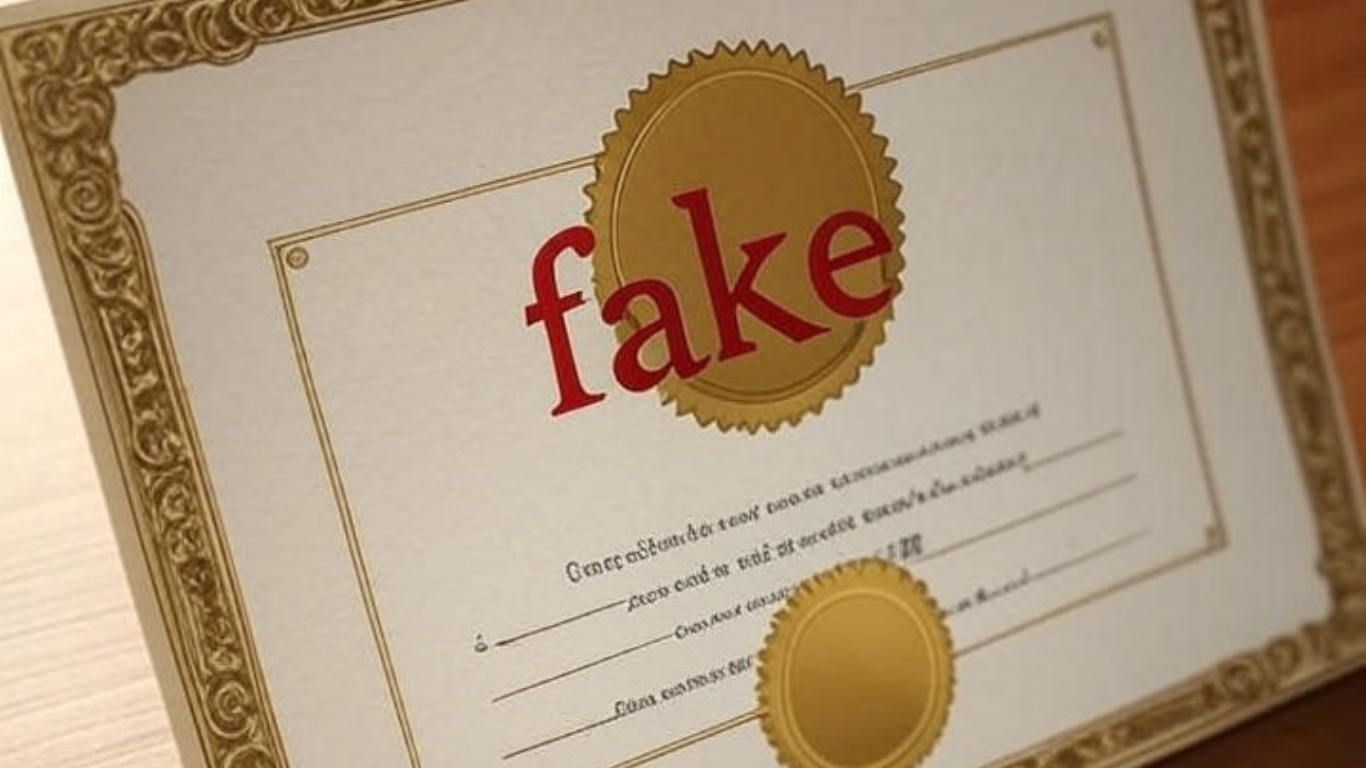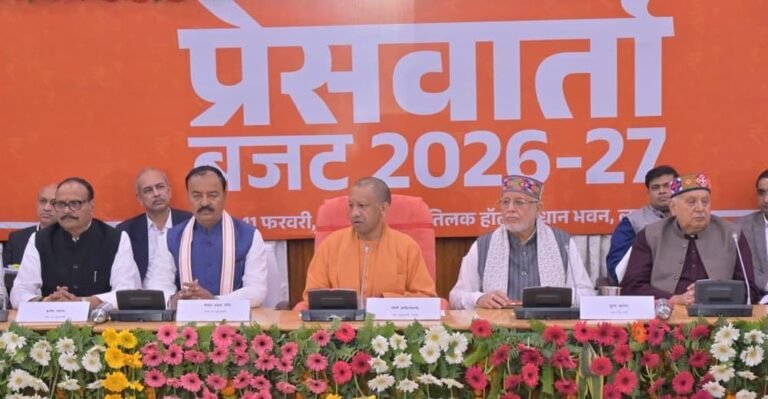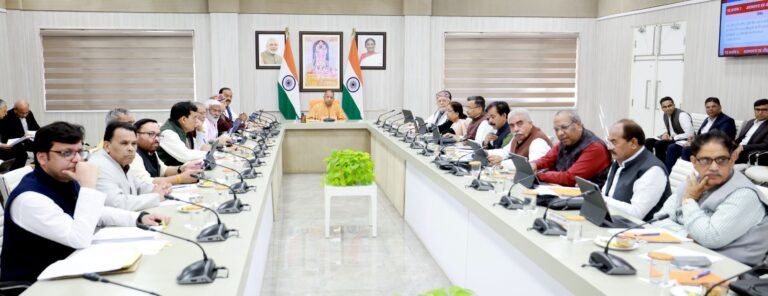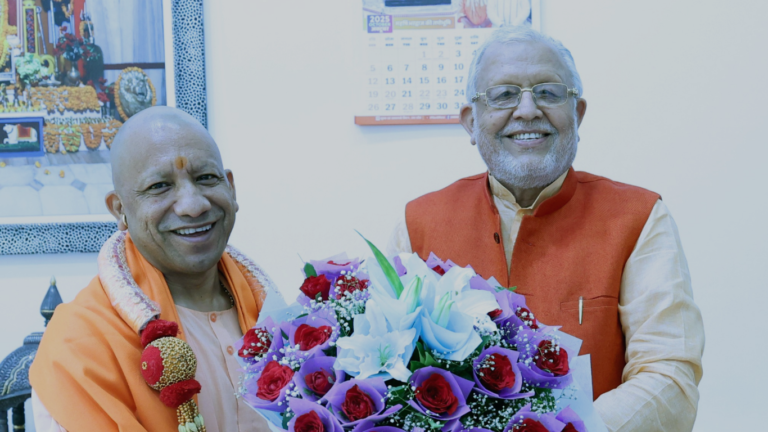
Lucknow, Uttar Pradesh, July 29, 2025 – A shocking scandal has rocked Uttar Pradesh’s education system as the Special Operation Group (SOG) exposed that 202 out of 203 teachers appointed in the 2022 Physical Education Teacher (PTI) Direct Recruitment Examination used fake Bachelor of Physical Education (B.P.Ed.) degrees to secure their jobs. The investigation, led by Assistant Superintendent of Police (ASP) Dharmaram Gila, has exposed a widespread fraud centered around forged mark sheets from JS University in Shikohabad, raising serious concerns about the integrity of government recruitment processes.
A Deep-Rooted Fraud
The probe began when authorities noticed a suspicious number of candidates claiming B.P.Ed. degrees from JS University, which is only authorized to admit 100 students per academic session for the course. Shockingly, over 2,082 candidates applied for government teaching jobs using degrees from the university, far exceeding its capacity. By digging into the university’s server logs, the SOG confirmed that 202 of the 203 appointed teachers had submitted forged mark sheets. Only one candidate, Kulraj Singh, was found to have a genuine degree.
The investigation revealed layers of deceit. For instance, 25 candidates claimed to have earned their B.P.Ed. from other institutions but submitted JS University mark sheets for verification. Another 43 candidates presented degrees from the 2020–2022 academic session, even though the recruitment exam was held on September 25, 2022, suggesting the documents were fabricated after the fact. The SOG also identified brokers who helped produce and distribute these fake mark sheets, pointing to a well-organized racket.
Legal Action and Consequences
Authorities are moving swiftly to address the scandal. An FIR is being prepared against JS University’s administration and 165 of the implicated candidates, with 37 others already facing charges for using fake documents or sending dummy candidates in prior cases. The Uttar Pradesh government is also working to recover salaries paid to these teachers, which could amount to significant sums, given that each teacher earned around ₹30,000–35,000 per month.
This isn’t the first time Uttar Pradesh has faced such issues. In 2019, the state suspended 60 government school teachers in Mathura for using fake B.Ed. degrees, part of a larger group of over 4,500 teachers identified with fraudulent credentials. That same year, 190 teachers in Etah and Mainpuri were sacked for similar reasons, with many degrees traced back to Agra University. The Supreme Court recently voiced alarm over the scale of fake certificate use in UP’s government jobs, calling it a “time bomb” that threatens public trust in institutions.
Systemic Issues Exposed
The JS University scandal has sparked outrage across the state. The case highlights deep flaws in recruitment and oversight, with critics pointing to lax verification processes and institutional complicity. JS University, already under scrutiny for past controversies, now faces multiple investigations, with arrests including suspected middleman Ajay Bhardwaj and senior university officials.
Experts say the problem goes beyond one university. A 2019 Special Investigation Team (SIT) report found 4,704 state education department employees, including 3,652 with fake degrees, mostly from Agra University. The government has since struggled to act against all culprits, with some teachers securing court stays to delay their dismissal. The Supreme Court has ordered a statewide verification drive and stricter recruitment rules to prevent future fraud.
What’s Next?
The Uttar Pradesh government is under pressure to clean up its recruitment system. Chief Minister Yogi Adityanath’s administration has vowed to take tough action, with plans to strengthen document checks and involve forensic experts in future hiring. The Education Department is also reaching out to schools across the state to verify teacher credentials, a process that could uncover more cases.
For now, the scandal has left a stain on Uttar Pradesh’s education system, raising questions about fairness and accountability. As investigations continue, parents and students are left wondering how many more fake teachers might still be in classrooms. The state’s efforts to restore trust will depend on swift justice and reforms to ensure only qualified educators shape the next generation.



